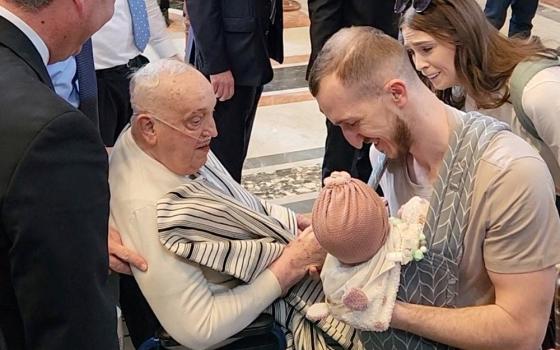My initiation to political activism came in April 1968 at a Kansas City, Mo., Democratic caucus for president. About eight Eugene McCarthy supporters, myself included, showed up at the home of the Democratic ward committeeman. We knocked on the front porch door. No answer. We knocked again, harder. There were people in the living room. Through the window it looked like they had started the meeting 15 minutes early. We knocked again. A woman came to the door and said apologetically that she could not let us in. The party regulars, Hubert Humphrey supporters, were stealing our votes.
At about 7:35 people came out. One of our men in our group blocked the path. Somebody shoved and two men threw a few punches. It's the only adult fistfight I've ever witnessed.
The next morning, our rump caucus filed a court objection. The judge threw out the whole of Missouri's results and said, among other things, that caucuses could not be held in private homes. I obtained the student cafeteria in the school where I taught for our ward caucus. My reward was that I was elected a delegate to the Jackson County caucus where Hubert Humphrey was selected. That was politics then. It depended on people showing up.
Primaries were seen as a reform, depending on people showing up to vote. But before the ballots are even printed, whoever raised the most money -- wherever it has come from -- is the likely winner.
I don't exactly envy Iowa, but I miss the caucuses. They recruit people into political activism and, at their best, give voice to nuance and deliberation.




